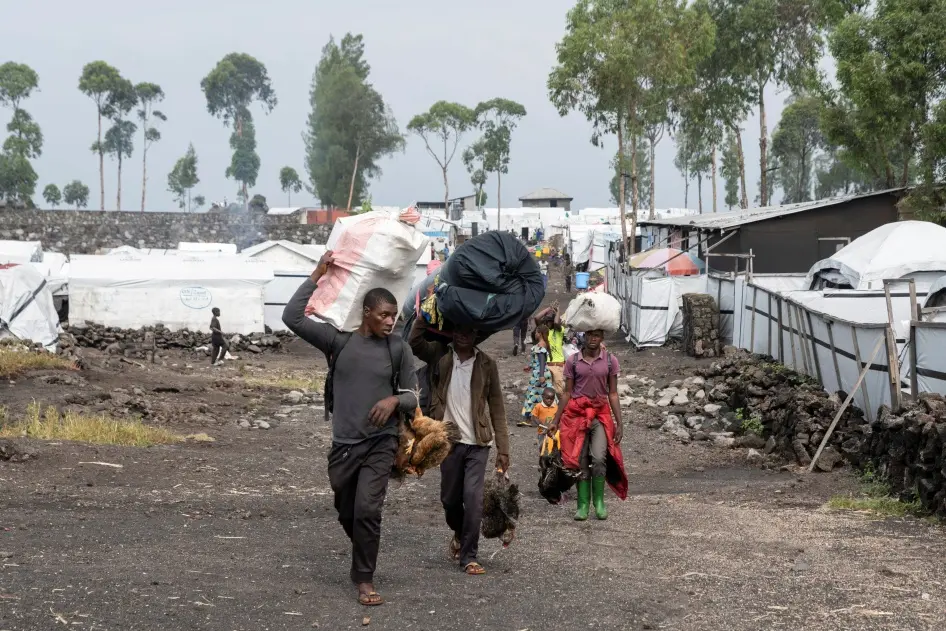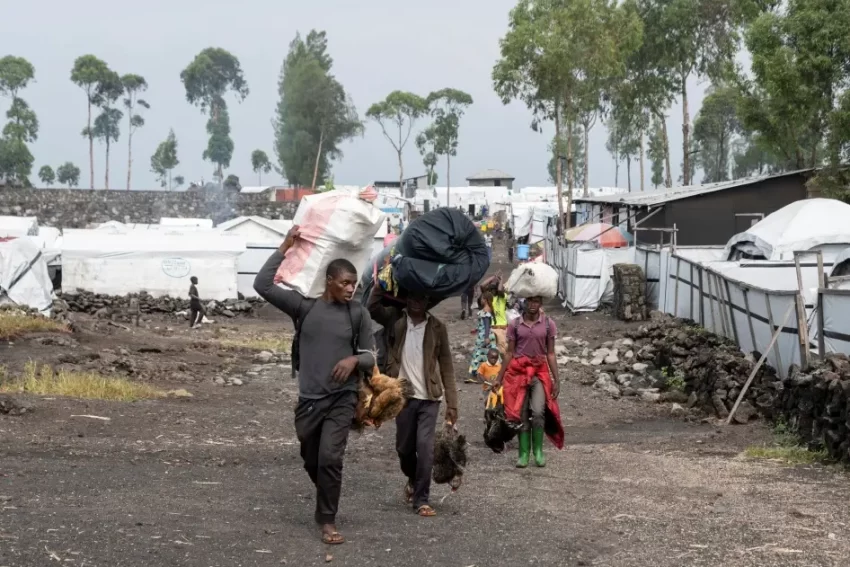
The simmering conflict between the Democratic Republic of Congo (DRC) and Rwanda has entered one of its deadliest phases in recent years, with more than 3,000 people reported dead following a surge in fighting between Rwanda‑backed M23 rebels and the Congolese army in eastern DRC.
The escalation has shattered fragile ceasefire efforts, displaced hundreds of thousands, and intensified international scrutiny over Rwanda’s role in the conflict.
The DRC government accuses Kigali of directly arming and supporting the M23 rebel movement—claims Rwanda denies, despite mounting intelligence assessments from U.N. and Western sources suggesting otherwise.
The M23 insurgency, which re‑emerged in late 2021, is rooted in decades of ethnic tension, regional rivalries, and disputes over control of the DRC’s mineral‑rich territories. Eastern Congo holds vast reserves of cobalt, coltan, and gold—resources critical to the global technology and energy sectors.
Aid agencies warn that the humanitarian situation is deteriorating rapidly. Entire communities in North Kivu have been emptied, with families trekking for days to reach overcrowded camps near Goma.
Reports from field hospitals detail widespread malnutrition, untreated injuries, and psychological trauma among displaced populations. Attacks on aid convoys and health facilities have further hampered relief efforts, with the U.N. confirming that several humanitarian workers have been killed in recent weeks.
“The civilian population is bearing the brunt of this war,” said a senior humanitarian coordinator in Goma. “What we are witnessing is not just a security crisis—it’s a collapse of the social fabric.”
The U.N. Human Rights Council has opened formal investigations into alleged war crimes, including the recruitment of child soldiers and targeted attacks on civilians. The United Kingdom has imposed targeted sanctions on senior Rwandan military officials accused of aiding M23 operations.
Despite international condemnation, diplomatic talks remain stalled. The African Union’s latest mediation attempt in Addis Ababa failed to produce a lasting ceasefire, with both sides trading accusations of sabotage
The conflict threatens to destabilize the wider Great Lakes region, where ethnic alliances and militia networks span national borders. Observers warn that prolonged instability could draw in additional armed groups and undermine cross‑border trade.
Global markets are also watching closely. Eastern DRC’s minerals feed directly into the global supply chain for electric vehicles, consumer electronics, and renewable energy technologies. Any sustained disruption could ripple through industries from Silicon Valley to Shenzhen.
Analysts say that without credible international pressure and a framework for resource‑sharing, both military and proxy hostilities are likely to continue. Some diplomats argue that sanctions alone will not compel change without an economic and security package that addresses the core grievances driving the conflict.
For now, eastern Congo remains trapped in a cycle of violence, with no clear path to peace. As one displaced mother in Rutshuru put it: “We have survived the bullets, but we do not know if we can survive the hunger.”




